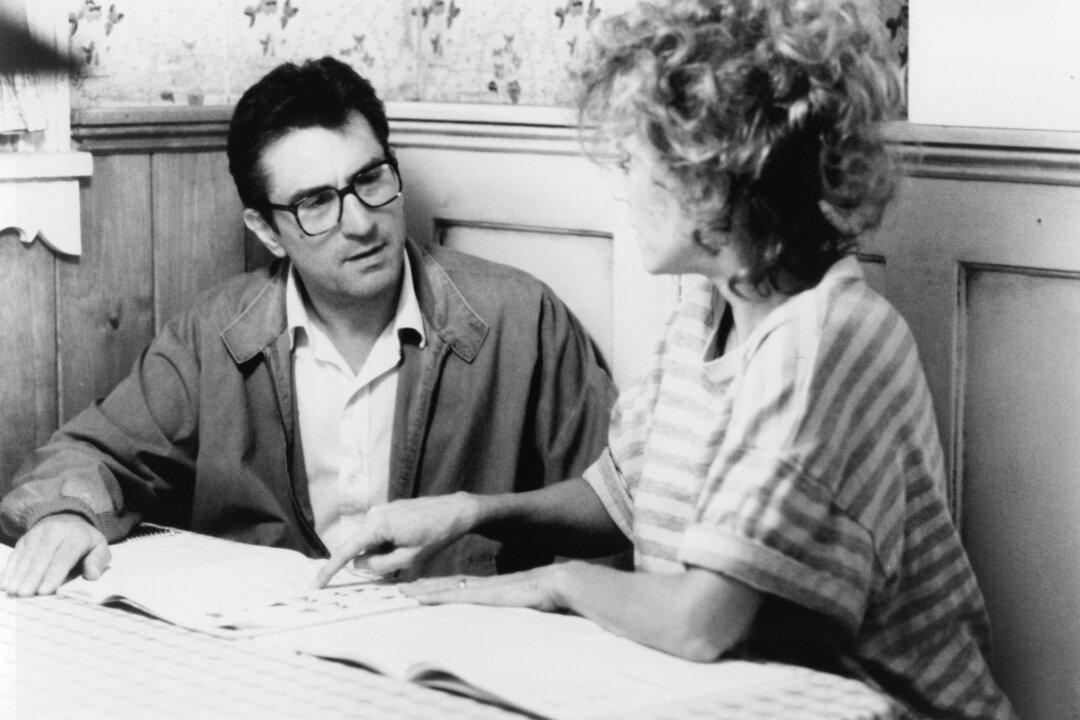PG-13 | 1 h 44 min | Drama | 1990
Is illiteracy a disability, like deafness, blindness, or mental disability? Or is it merely one skill gap in a broad skillset that separates the enabled from those less so? Director Martin Ritt’s final film ponders this. It suggests that even if illiteracy is just a skill gap, ostracism of those who don’t fit in can make it feel as real, as painful, and as alienating, as a physical or intellectual disability.





